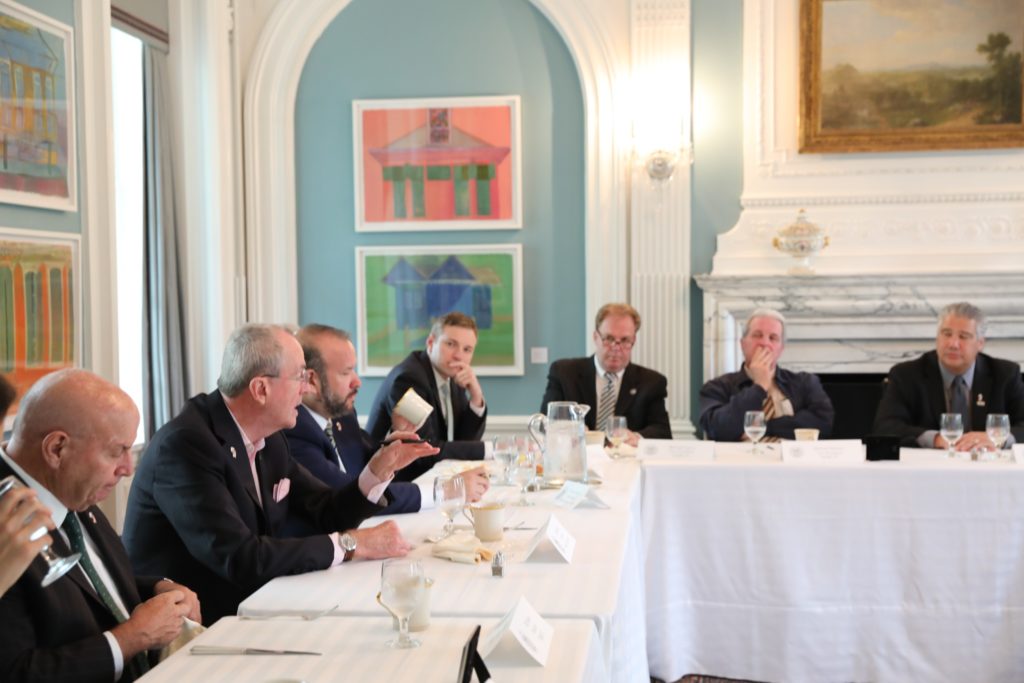Local Media’s Uphill Battle

The Corporation for New Jersey Local Media sent out a holiday message highlighting the comments of Nancy Verga, a councilwoman in Morris Plains.
“Local media outlets are vital to maintaining our sense of shared community and culture,” is what Verga was quoted as saying.
The corporation, or CNJLM for short, is a Morris County-based non-profit dedicated to preserving local media. More specifically, it operates the New Jersey Hills Media Group and its 14 weekly papers in north Jersey.
Many people would agree with Verga’s observation. They also would acknowledge the problem. The main local media outlets – daily newspapers – do not pay nearly as much attention to local government as they did 20, or even 10, years ago.
The goal of the CNJLM is to change that, but it really is an uphill battle. Corporate ownership of daily newspapers has meant draconian staff cuts that make it impossible for the dailies to routinely cover councils and school boards – even if they wanted to. Of course, many of today’s corporate editors don’t understand why such coverage is vital in a democracy, but that’s a story for another time.
Many weeklies still cover public meetings, but by definition, their reach can be limited.
Verga’s comments, notwithstanding, a more cynical view is that some local officials probably like operating in a meeting room without a daily newspaper reporter in the house. Life is simpler when you can do what you want without answering questions after the meeting.
This brings us to the general public.
It would be silly to expect throngs to attend every public meeting, but if more people paid attention to local government, we’d be better off. No question about it.
We did see some of that last year at school board meetings when many conservatives showed up to complain about a curriculum they considered too “progressive.”
This activity quickly became caught up in the liberal/conservative polarization of the day with some on the left complaining about people trying to “bully” school boards.
While everything these days gets engulfed in partisan politics, that misses the point.
If liberals think too many conservatives are speaking up at school board meetings, the answer is for them to attend and speak out themselves.
More broadly. more people attending public meetings is a good thing, not a bad thing.
And as the new year unfolds, how refreshing it would be to see more people in the audience at public meetings. That would be a valuable resolution for interested taxpayers to make.
Still, there are obstacles to even a conscientious citizen fully keeping track of government.
The state’s Open Public Meetings Act, or Sunshine Law, took effect 47 years ago. Clearly, it needs to be updated to include, for example, subcommittees of councils and school boards. That has not happened, despite the best efforts of the now retired state Sen. Loretta Weinberg.
While we’re at it, how about requiring that councils and school boards air their meetings over zoom? Many do, but not all. That should not be difficult in the year 2023.
But what is difficult to cope with is the tendency of lawmakers of late to move away from transparency.
Consider a proposal in the state Legislature to treat officials and political candidates as if they were undercover CIA agents and hide their addresses from the people who elect them.
So much for them being part of, to use Verga’s words, a “shared community and culture.”











as always, spot on
very well written